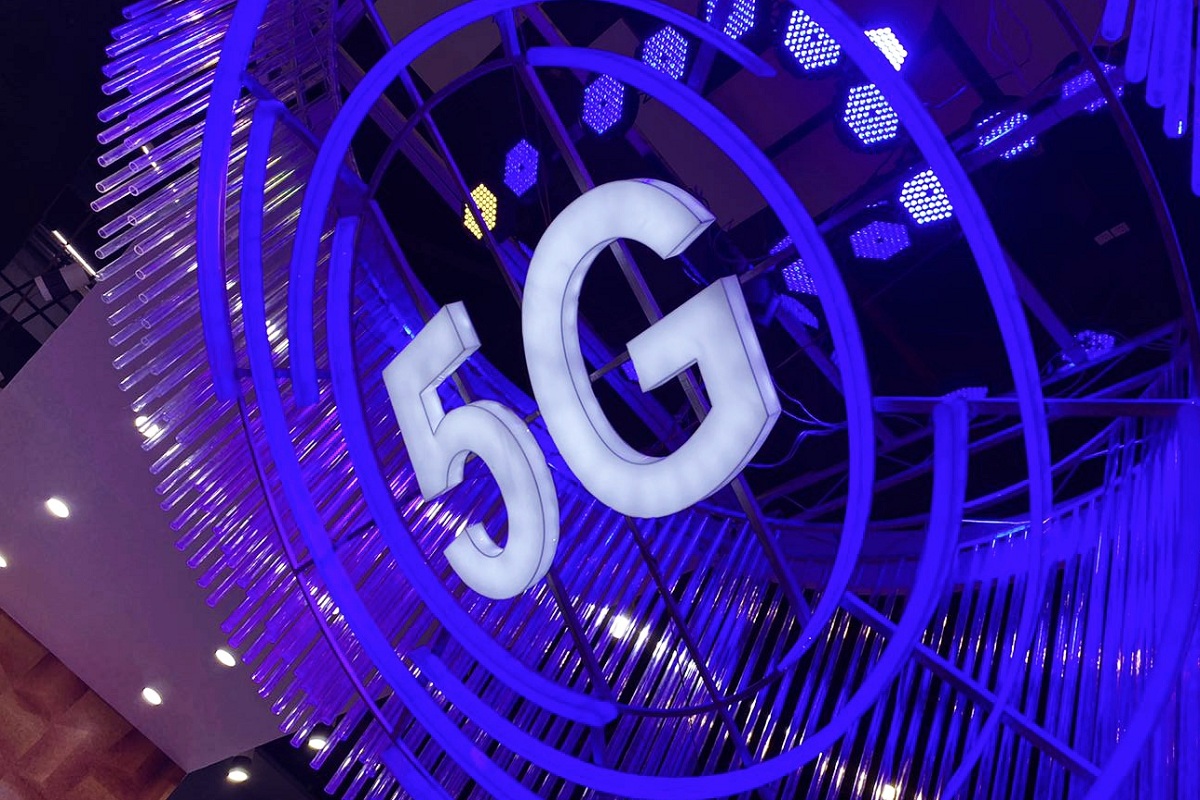India takes lead in 6G after record 5G roll out: Experts
Sumnesh Joshi, Deputy Director General, Ministry of Communications said that the country has seen one of the fastest roll out of 5G services across the world and has taken the lead in 6G.
Almost 750 million additional people were covered by 5G in 2023 and more than half of that was due to rollouts by operators in India alone, a new GSMA report said on Wednesday.

(Representational Image)
Almost 750 million additional people were covered by 5G in 2023 and more than half of that was due to rollouts by operators in India alone, a new GSMA report said on Wednesday.
The consumer experience on mobile networks continued to see significant improvement in 2023, with global average download speeds increasing from 34 to 48 Mbps.
“This represents the largest proportional and absolute increase seen to date. The biggest increase was in South Asia, where India’s launch of 5G drove a 70 per cent increase in average download speeds in the region,” according to the GSMA ‘State of Mobile Internet Connectivity 2024’ report.
Advertisement
Unlike many surveyed countries, smartphone ownership increased from 2022 to 2023 among rural populations in India.
Across all seven survey countries with sufficient sample size for analysis, literate mobile internet users were more likely to perform a wider variety of tasks on a weekly basis than those with low literacy levels. “Interestingly, mobile internet users with low literacy levels in India are, on average, using mobile internet for at least eight different activities on a weekly basis, which is higher than both low-literacy and literate groups for all other countries analysed,” the GSMA report mentioned.
The report stated that mobile internet connectivity continues to grow globally but barriers for 3.45 billion unconnected people remain. Connecting those with access to existing mobile internet services would deliver an estimated additional $3.5 trillion in total GDP during 2023-2030, the findings showed.
John Giusti, Chief Regulatory Officer at the GSMA, said that despite continued progress in expanding the reach of network infrastructure and in increasing mobile internet adoption, significant digital divides remain.
“Although most users access mobile internet daily, their activities are often limited to just one or two activities, even though many express a desire to do more. This highlights persistent barriers to enabling meaningful connectivity, preventing users from getting online and getting the full benefits of the mobile internet,” Giusti mentioned.
The report said that 4.6 billion people (57 per cent of the global population) are now using mobile internet on their own devices and 350 million people (4 per cent of the global population) live in largely remote areas without mobile internet networks (the coverage gap). About 3.1 billion people (39 per cent of the global population) live within mobile internet coverage but do not use it (the usage gap).
Advertisement